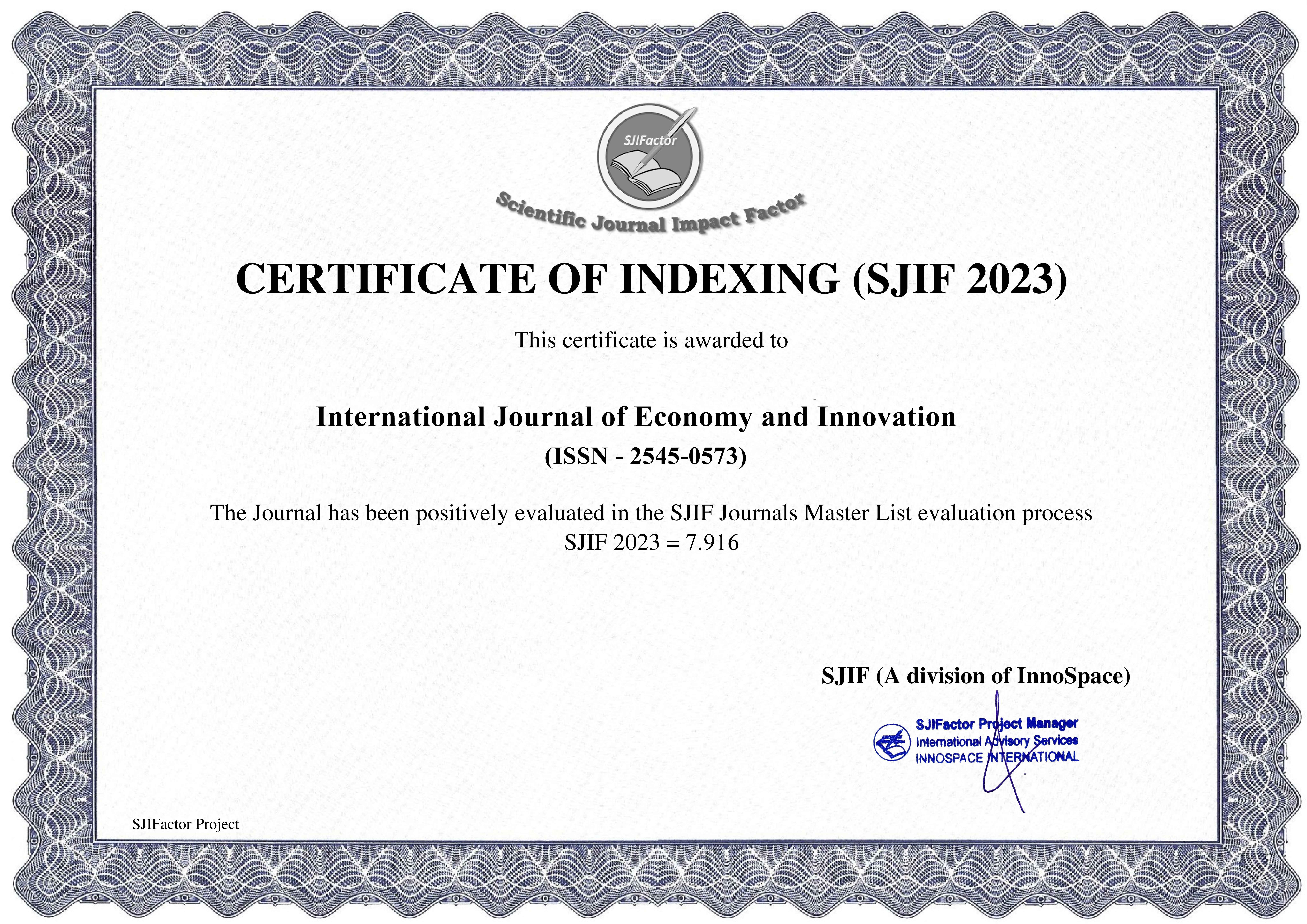MANAGING DESIGN-PHASE SCOPE CREEP USING PROJECT MANAGEMENT STRATEGIES TO SOLVE ARCHITECTURE AND CIVIL ENGINEERING PROBLEMS
Keywords:
Design-Phase scope, Creep, Project Management Strategies, Architecture, Civil Engineering and ProblemsAbstract
This study investigated the management of design-phase scope creep in architecture and civil engineering projects through the application of project management strategies to solve their project encountered problems. Various concepts pertaining to design-phase scope creep, project management strategies, and architecture and engineering problems were analyzed. The research has underscored the critical importance of effectively managing design-phase scope creep for ensuring project success. It has delineated the risks associated with scope creep and emphasized the pivotal role of robust project management strategies in mitigating these risks and maintaining alignment with project scope. Specifically, the study advocates for establishing a clear definition of project scope, identifying objectives, deliverables, and requirements, and implementing rigorous project management practices such as scope validation, change control, and stakeholder communication. By adhering to these strategies, project teams can proactively address scope creep, thereby enhancing project success and delivering value to stakeholders. The study concludes that managing design-phase scope creep is essential, as effective management of it averts unforeseen disruption of the project timelines, budgets, and objectives. Also, effective project management is crucial for mitigating these risks and ensuring alignment with project scope. Among the recommendations provided is the necessity for project managers to ensure clear documentation of project scope and objectives from the project's outset to mitigate design-phase scope creep effectively in architecture and civil engineering projects.

















